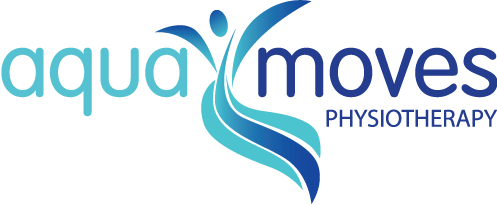Training And Education For Therapists
Neuroaquatics™: For Therapists
We have run workshops on our approach in Australia for both physiotherapists and parents/carers of children with disabilities. Toni travels to Japan to treat a number of children with disabilities and runs workshops to educate and assist parents and carers in handling children with special needs. Lisa has also lectured and taught in Spain and Portugual.
Neuroaquatics™
Contemporary research supports and indeed, advocates the integration of neuroplastic principles into assessment, treatment and management of clients. We need to consider changes in body awareness and the body’s representation in the brain and how these changes impact movement and pain perception. There is also a large amount of research on the impact of pain and injury on the body’s deep stabilisers and recognition for the need to address motor planning in rehabilitation. This research stresses the importance of low load, tonic endurance retraining; the need to minimise superficial muscle activity; the use of precise pain-free movements; correct movement patterning and the integration into functional movements. Likewise, we know that postural control is a complex motor skill that is largely dependent on the integrity of our somatosensory system.
In the Neuroaquatics™ approach we use water as a kinaesthetic teaching medium, refining movement through sensitising the individual to their own somatosensory system and we believe, ultimately impacting muscle activation, stability, motor planning and postural control.
Assessment of movement quality on land and in water enables us to identify those movement characteristics or patterns that appear to be impacting function. We can then guide patients through a process of pain-free movement exploration and discovery. We use movement strategies in a logical sequence that address all parts of the kinetic chain, particularly spinal connections. The deliberate focus and attention to slow, often small and precise movements, both familiar and unfamiliar in the water, create a foundation for learning new sequences of movement that are relevant to the individual. We are basically “joining the dots for the nervous system”, helping to normalise and improve body image, movement and pain perception. This knowledge can then be transferred to functional movements on land.
Neuroaquatics™ – Level 1: (Neuroplasticity in the Aquatic Environment)
This 2 day workshop will introduce participants to this new and innovative approach that utilises the unique qualities of water to enhance kinaesthetic learning and improve the quality and ease of functional movement. Movement strategies will be taught that facilitate connections in the kinetic chain and maximise peripheral feedback to improve motor learning and create neuroplastic change. Contemporary research will be reviewed, assessment and basic treatment strategies taught in a day of combined theory and practical sessions. This approach is broadly applicable to the majority of musculoskeletal and neurological conditions treated in Aquatic Physiotherapy.
Neuroaquatics™ – Level 2:
This 2 day workshop expands on the knowledge gained in Level 1, incorporating more complex movement analysis and facilitation. We will look at the relationship of limb movement to the spine, sequential involvement of the kinetic chain and ways to facilitate an ease and efficiency of movement. Stability is control of optimal positioning with minimal effort, or in other words, a well-organised body doesn’t need to work so hard. This workshop will provide you with the more functional movement analysis skills, a toolkit of movement strategies to improve patterning, improved handling skills and the confidence to be more creative with the work. A more diverse range of clients and conditions will be considered at this level.
This course is available on request provided participant numbers numbers are more than 6 people.
Handling Children with Special Needs.
1 Day Workshop for Parents, Carers and Swim Teacher who work with Children With Special Needs. Participants will learn how to handle children on land and in water in a way that helps the child to learn. The emphasis is on observation and handling that is playful but therapeutic. For a child that is restricted and confined on land, the water offers a sense of possibility. This allows an exploration of movement and facilitation of connections in the body. Through skilled observation and handling, the child is guided to make discoveries that are more profound and lasting than if the child is forced to move in a particular way. It is process of learning that is non-threatening and enjoyable for both child and carer. Information delivery will be tailored to the participant group.
This course is available on request provided participant numbers numbers are more than 6 people.
